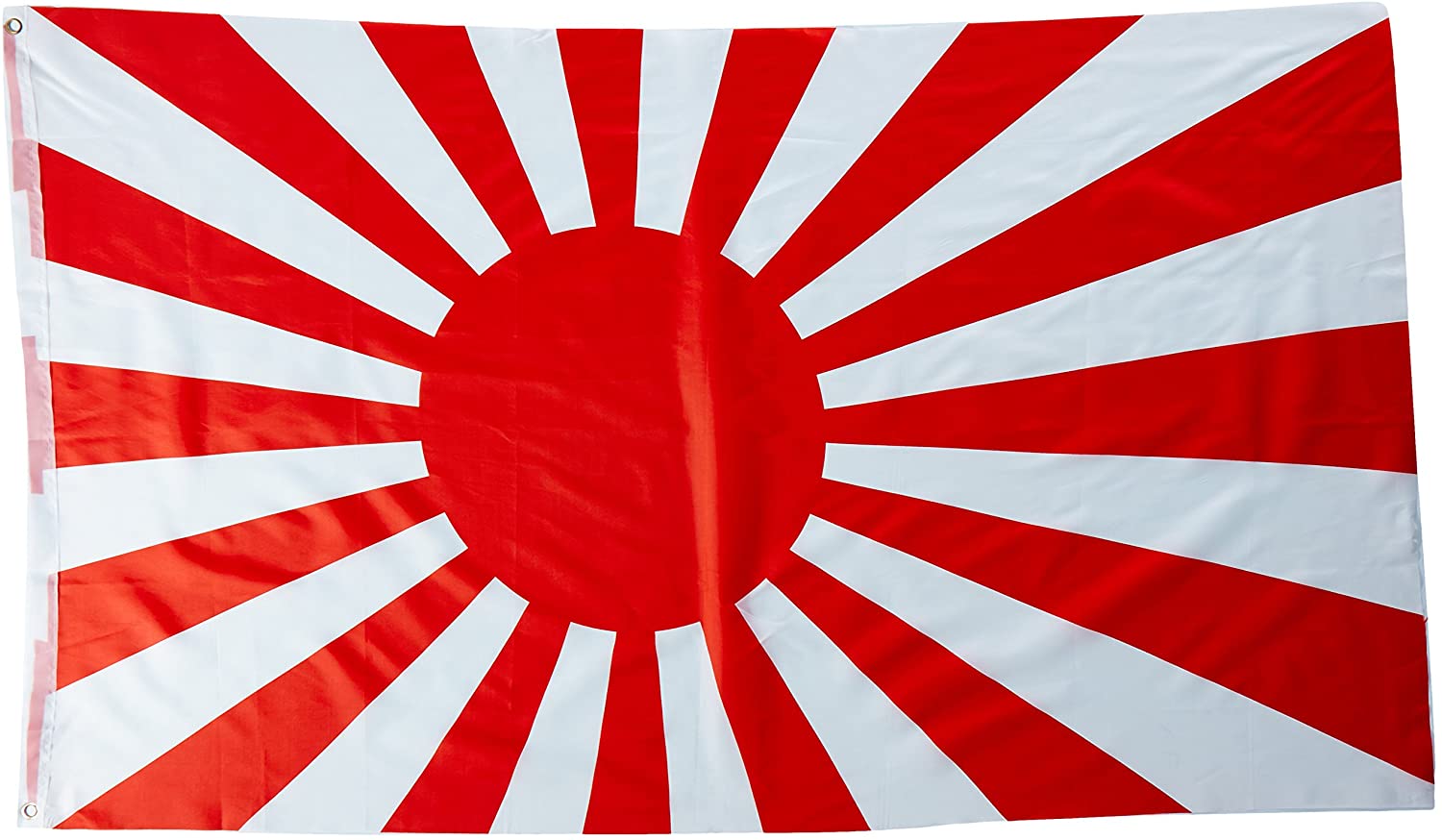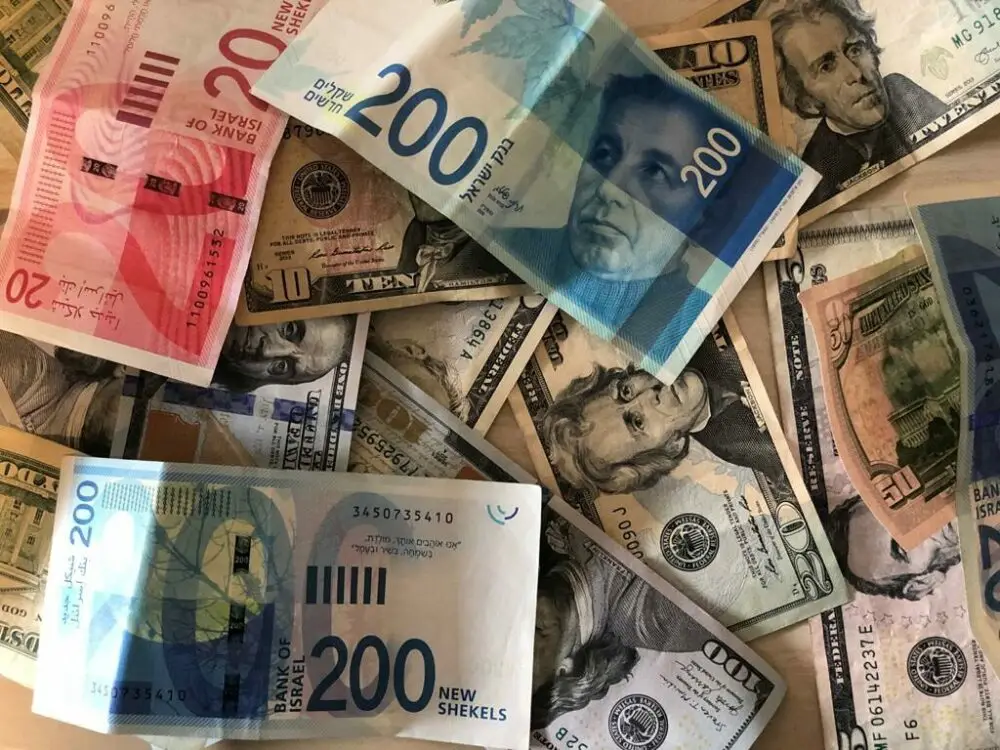La croissance des investissements Japonais en Israël est en croissance spectaculaire. Les investissements japonais en Israël ont bondi en 2019.
Le nombre de transactions a presque doublé de 2017 à 2018, et leur valeur totale a augmenté de 100 millions de dollars, selon le rapport du fonds d’investissement Harel-Hertz.
En 2019, il y a eu 28 transactions évaluées à quelque 710 millions de dollars, selon les données. L’année 2018, avec 37 transactions et plus de 2 milliards de dollars investis par des entreprises japonaises en Israël, a été l’année record en termes d’évaluation des transactions.
Parmi les méga-opérations qui ont été conclues cette année-là, on peut citer la vente de la société pharmaceutique NeuroDerm à Mitsubishi Tanabe Pharma pour 1,1 milliard de dollars en liquidités, dans le cadre de l’un des plus gros achats jamais réalisés par une société israélienne en dehors du domaine technologique, et l’acquisition, pour 627 millions de dollars, d’une participation de 22 % dans la société d’énergie géothermique Ormat par la société japonaise ORIX.
LE PLUS. From 2010 Japanese investment deals in almost all types of Israeli high tech companies have continued to grow, according to the newly released Japanese Activity in the Israeli Tech Ecosystem Report, published by the IVC Research Center.
2019 was a peak year with Israeli high tech companies raising over USD 1.5 billion in investment deals involving Japanese investors, says the report, which was co-commissioned by high tech and venture capital online database IVC, venture capital firm Magenta Venture Partners and law firm Meitar.
According to Michal Saam, senior data and BI analyst at IVC Research Center, investments from the far east – Japan, China, and South Korea – into Israeli high tech are increasing overall.
“We see mainly the number of investments from big corporate VCs increasing,” Saam explains. “Life sciences and AI are where foreign investors are most active,” she said.
Ben Klein, COO and business development manager at IVC, adds that the “trendiest thing to invest in right now are Israeli disruptive tech companies. It’s not just as a “pat on the back” for Israel – it’s actually true. It’s the reason why outside of Silicon Valley, Israel has the largest concentration of multinational corporations R&D centres. They’re all here to find just that.”
Ori Israely, managing general partner of Israeli-Japanese VC firm Magenta Venture Partners believes foreign investment interest will only increase in the next few years, particularly on the back of the UAE/Israel peace treaty agreement.
“Israel used to be a country that sold companies, and their technologies. Today, we are seeing companies that are growing beyond that, becoming unicorns and self-sufficient,” says Israely. “You used to need to be in the US or Europe to go public, to develop your business; today you can do that from Israel. By today I mean the past five to ten years. »
Insuretech, fintech and digital health and AI backed solutions are the next areas where Israely believes a unicorn will emerge in Israel. “The enterprise and software areas have always been very strong in Israel. “The tech industry and the VCs are more established now so they have more comfort and can afford to wait in order to create unicorns,” he says. “These are all businesses that can thrive from Israel.”
The number of investment deals and their valuations increased after 2015 following rime Minister Netanyahu’s visit to Japan in May 2014 and Japanese Prime Minister Abe’s trip to Israel in January 2015.
In Israely’s view, the most significant aspect of the Israel/Japan investment report is the staggering amount of growth in cross border investments between the two countries that has taken place in recent years. 2015 in particular turned out to be a bit of a pivotal point in this regard, with the number of deals since then increasing three-fold over this past decade.
And from 2017 there has been a steady increase in the number of Japanese investors active in Israel, as well as a growing diversity in the types of investors, including car manufacturers, financial institutions, insurance companies and VCs, many of which were ‘first timers’ in Israel.
“I think the Japanese understand Israel much better now. The political agreements made a difference and more and more Japanese are doing business in Israel. I think the economy will continue to rely on the high tech sector going forward; it’s a pretty resilient sector as a whole,” comments Israely. “Japanese investors understand what they can gain from early access to Israeli innovative companies. That’s a change.”






